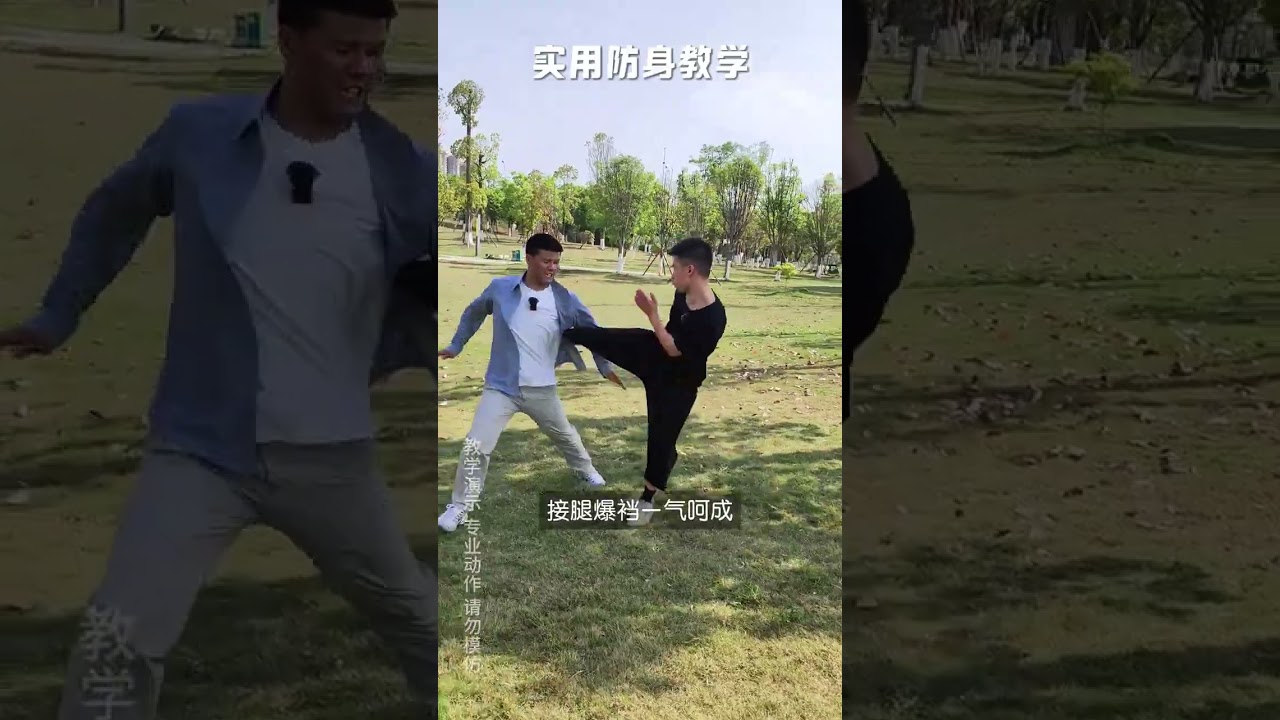Womens Self Defense
Understanding the Law: The Legalities of Self-Defense Gadgets

Self-defense gadgets are becoming more and more popular as people look for ways to protect themselves in an increasingly dangerous world. From pepper sprays to stun guns, there are a variety of tools available for individuals to use in the event of an attack. But before you purchase and use a self-defense gadget, it’s important to understand the laws surrounding their use.
In the United States, the legality of self-defense gadgets varies from state to state. Some states have strict regulations on the possession and use of certain weapons, while others have more lenient laws. It’s important to familiarize yourself with the laws in your state before purchasing a self-defense gadget to ensure that you are within your legal rights.
One important factor to consider is whether the self-defense gadget is considered a deadly weapon. In many states, items like knives and firearms are classified as deadly weapons, which means that there are restrictions on their possession and use. Other items, like pepper spray and stun guns, may be legal to carry without a permit in some states, but not in others.
It’s also important to consider where and how you can use a self-defense gadget. For example, some states have laws prohibiting the carrying of certain weapons in certain locations, such as schools or government buildings. Using a self-defense gadget in a way that is not permitted by law could result in criminal charges.
In addition to state laws, it’s important to consider federal regulations on self-defense gadgets. Items like tasers and stun guns are regulated by the federal government, and there are restrictions on who can purchase and possess these items. It’s important to research the federal laws surrounding self-defense gadgets to ensure that you are in compliance.
In some cases, using a self-defense gadget in self-defense may still result in legal consequences. Some states have laws that require individuals to retreat from a threatening situation before using force, while others have “stand your ground” laws that allow individuals to use force if they feel that their life is in danger. It’s important to understand the self-defense laws in your state to ensure that you are acting within your legal rights.
Overall, self-defense gadgets can be a valuable tool for protecting yourself in dangerous situations. However, it’s important to understand the laws surrounding their use to ensure that you are within your legal rights. Before purchasing and using a self-defense gadget, research the laws in your state and consult with legal professionals if you have any questions or concerns. By being informed and understanding the legalities of self-defense gadgets, you can protect yourself while staying within the boundaries of the law.
Womens Self Defense
Uniting for Justice: Community Organizations Push for Stronger Self-Defense Legislation

Uniting for Justice: Community Organizations Push for Stronger Self-Defense Legislation
In recent years, the dialogue surrounding self-defense laws has grown more complex and critical, highlighting the need for a re-examination of legal frameworks that govern individual conduct during life-threatening encounters. As issues of personal safety, inequality, and the right to self-defense collide, community organizations across the nation are uniting to advocate for stronger self-defense legislation that not only protects individuals but also addresses systemic injustices.
The Current Landscape
Self-defense laws vary widely from state to state, resulting in a patchwork of regulations that can often leave marginalized communities under-protected. Some states have “Stand Your Ground” laws which give individuals the right to use force without the duty to retreat when threatened. Meanwhile, others adhere to more traditional “Duty to Retreat” principles, requiring individuals to avoid confrontation when possible. This inconsistency can lead to unintended consequences, particularly for people of color and those from lower socioeconomic backgrounds, who might be disproportionately criminalized in self-defense situations.
The Call for Reform
In response to these disparities, community organizations are rallying for legislative change. Groups focused on social justice, civil rights, and public safety are coming together to craft proposals aimed at reforming self-defense laws. These advocates argue that it is essential not only to ensure the right to defend oneself but also to create an equitable legal framework that reduces bias in how self-defense cases are prosecuted and adjudicated.
Key Proposals
-
Enhanced Training and Awareness: One significant proposal advocates for mandatory training in self-defense laws for both civilians and law enforcement. Understanding the legal implications of self-defense can empower individuals to make informed decisions during high-pressure situations.
-
Bias Review Measures: Community organizations are pushing for legislative measures that require law enforcement to undergo training on implicit bias and the historical context of self-defense laws. This could mitigate the risk of racial profiling and ensure that self-defense claims are evaluated fairly.
-
Legal Support and Resources: Providing legal resources and support for individuals who defend themselves can help level the playing field. Advocates suggest establishing funds or programs that can assist with legal fees for those who may not otherwise afford representation in self-defense cases.
- Community Dialogues: Engaging community members in discussions about self-defense can foster better understanding and cooperation. Organizing community forums to discuss individual rights, responsibilities, and personal safety can build trust and provide critical information.
Building Coalitions
Collaboration is at the heart of this movement. Organizations with differing focuses—such as gun rights advocates, domestic violence shelters, youth mentorship groups, and racial justice organizations—are finding common ground in the belief that self-defense is a fundamental right that must be accessible to everyone.
These coalitions are also crucial in countering misinformation about self-defense laws and their implications. By working together, they can foster a more informed public debate and promote legislation that is both just and effective.
The Path Forward
As these community organizations continue to push for stronger self-defense legislation, the conversation around justice, equity, and individual safety remains crucial. Advocates emphasize that any reform must be carefully crafted to protect the rights of all individuals while also addressing the underlying societal issues related to violence and safety.
In conclusion, the united effort of community organizations in advocating for stronger self-defense legislation reflects a growing commitment to justice that transcends traditional divides. By prioritizing equity and informed discourse, these groups are not only advocating for change in the law but are also championing the dignity and safety of every individual in society. The path to reform may be arduous, but the collective action of committed organizations can drive meaningful change in ensuring that self-defense rights are upheld for all.
Womens Self Defense
Self Defense Training For Women In A Bar Scene Or Walking The Mall — Lady Of America

http://www.ladyofamerica.com This is the last of the Lady of America Fitness for Women self defense training videos. This video is …
source
Womens Self Defense
One Punch Man #Selfdefense #Womens selfdefense #Defeat the enemy with one move #Selfdefens
-

 Womens Self Defense11 months ago
Womens Self Defense11 months agoNew Legislation Empowers Women to Defend Themselves
-

 Self Defense News1 year ago
Self Defense News1 year agoShe was convicted of killing her abusive boyfriend. Now a Maple Grove woman is home awaiting a new trial.
-

 Self Defense News1 year ago
Self Defense News1 year agoSelf-Defense for All: The new Gracie Jiu-Jitsu Pasadena is for everyone | Online Features
-

 Womens Self Defense1 year ago
Womens Self Defense1 year agoTop 5 Self-Defense Techniques Every Woman Should Know
-

 Womens Self Defense7 months ago
Womens Self Defense7 months agoUnderstanding State-by-State Variation in Self Defense Laws
-

 Womens Fitness1 year ago
Womens Fitness1 year agoXtreme Bodyweight HIIT (Lots of Jumping!) | Joanna Soh (Fio Series)
-

 Womens Preparedness1 year ago
Womens Preparedness1 year ago10 essential skills for surviving in the great outdoors
-

 Womens Preparedness1 year ago
Womens Preparedness1 year agoEmpower Yourself: A Guide to Female Survival Planning




